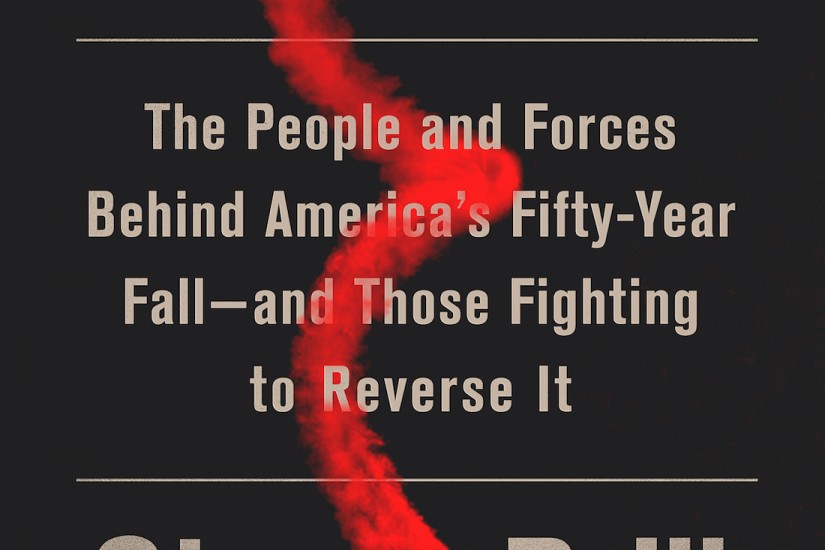In 1964, I was a bookworm growing up in Far Rockaway, a working-class section of Queens. One day, I read in a biography of John F. Kennedy that he had gone to something called a prep school. None of my teachers at Junior High School 198 had a clue what that meant, but I soon figured out that prep school was like college. You got to go to classes and live on a campus, only you got to go four years earlier, which seemed like a fine idea. It seemed even better when I discovered that some prep schools offered financial aid. I ended up at Deerfield Academy, in Western Massachusetts, where the headmaster, Frank Boyden, told my worried parents, who ran a perpetually struggling liquor store, that his financial-aid policy was that they should send him a check every year for whatever they could afford.
Three years later, in 1967, I found myself sitting in the headmaster’s office one day in the fall of my senior year with a man named R. Inslee Clark Jr., the dean of admissions at Yale. Clark looked over my record and asked me a bunch of questions, most of which were about where I had grown up and how I had ended up at Deerfield. Then he paused, looked me in the eye and asked if I really wanted to go to Yale – if it was my first choice. When I said yes, Clark’s reply was instant: “Then I can promise you that you are in. I will tell Mr. Boyden that you don’t have to apply anywhere else. Just kind of keep it to yourself.”
What I didn’t know then was that I was part of a revolution being led by Clark, whose nickname was Inky. I was about to become one of what would come to be known as Inky’s boys and, later, girls. We were part of a meritocracy infusion that flourished at Yale and other elite education institutions, law firms and investment banks in the mid-1960s and ’70s. It produced great progress in equalizing opportunity. But it had the unintended consequence of entrenching a new aristocracy of rich knowledge workers who were much smarter and more driven than the old-boy network of heirs born on third base–and much more able to enrich and protect the clients who could afford them.
